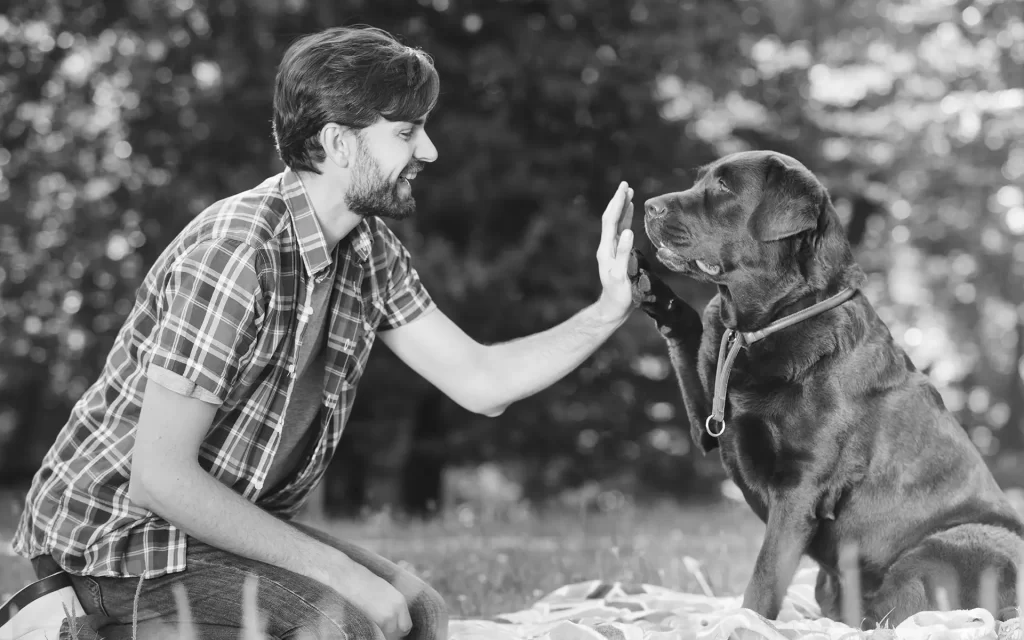Finding the right dog trainer can feel overwhelming, especially with so many options available. A skilled trainer can significantly impact your dog’s behavior, obedience, and overall well-being. But with different training styles and qualifications to consider, how do you make the right choice? Here’s a guide to help you find the best trainer for your furry companion.
- Check Their Certification and Experience
While not all dog trainers are certified, a certification from a reputable organization indicates professional education and training. Certifications ensure that the trainer has undergone structured learning and adheres to industry standards. In addition to certification, experience matters. Ask about their background, including how long they’ve been training and whether they have experience working with dogs similar to yours in terms of breed, temperament, or behavioral issues.
- Understand Their Training Methods
Different trainers use different techniques, and it’s important to find one whose approach aligns with your values and your dog’s needs. Some trainers focus on positive reinforcement, which rewards good behavior with treats, praise, or toys. Others may use balanced training, incorporating corrections alongside rewards. Understanding these methods will help you determine if the trainer’s approach is humane, effective, and suitable for your dog’s temperament.
- Ask for References and Reviews
A reputable trainer will have a track record of satisfied clients. Look for online reviews, testimonials, or social media feedback to get an idea of their reputation. Additionally, ask the trainer for references—past clients who can share their experiences. Hearing firsthand accounts can give you confidence in your choice.
- Observe a Training Session
Before committing, request to watch a training session. Observing how a trainer interacts with dogs and their owners can provide valuable insights into their teaching style, patience, and effectiveness. A skilled trainer should be calm, clear, and positive, ensuring that both the dog and the owner understand the training techniques.
- Assess Communication and Compatibility
A good dog trainer doesn’t just train your dog—they also educate and guide you. Effective communication is key to a successful training experience. The trainer should be able to explain techniques clearly, answer your questions, and offer guidance tailored to your specific situation. You should feel comfortable asking for advice and confident in their ability to help you.
Final Thoughts
Choosing the right dog trainer requires research and careful consideration. Look for someone who is knowledgeable, experienced, and a good fit for both you and your dog. Taking the time to find the right trainer can make a world of difference in your dog’s training journey and overall happiness. After all, a well-trained dog is a joy to live with, and the right trainer can help you achieve that goal.



